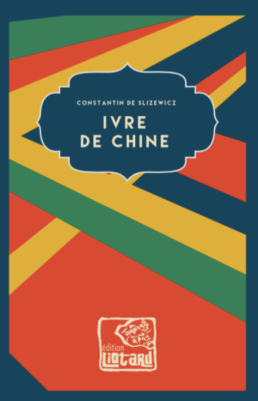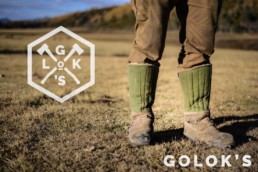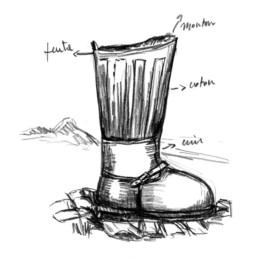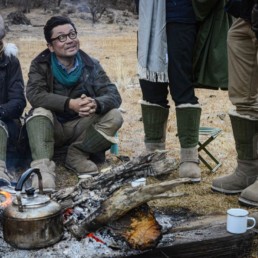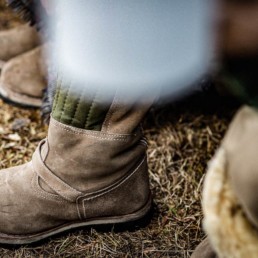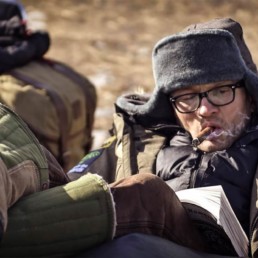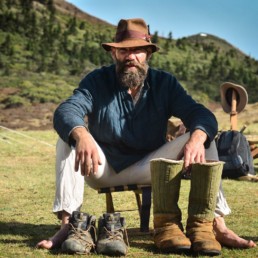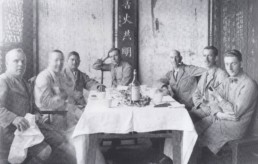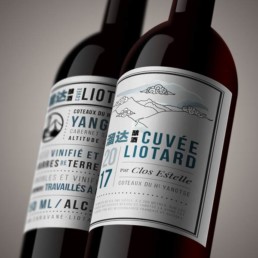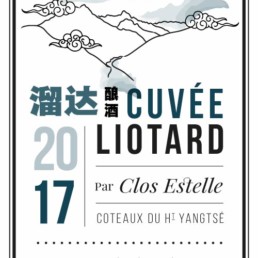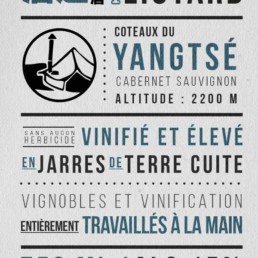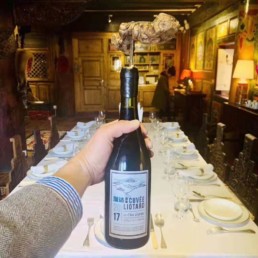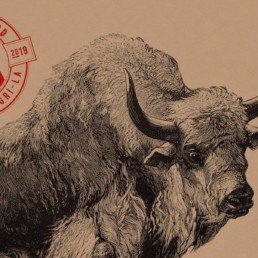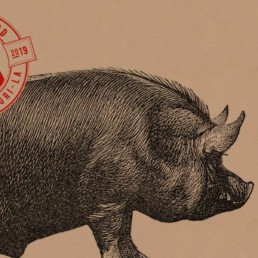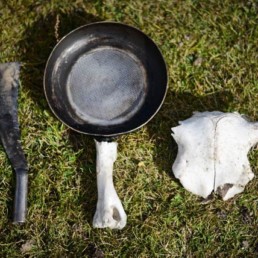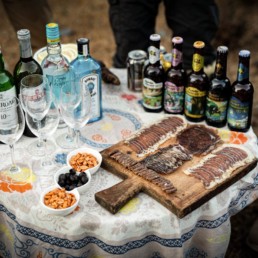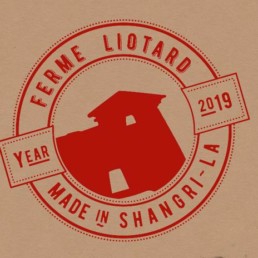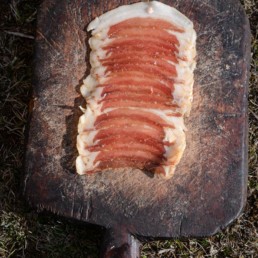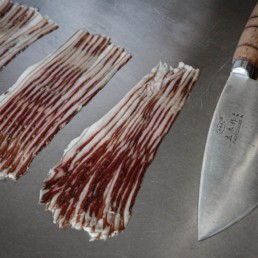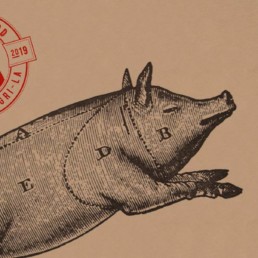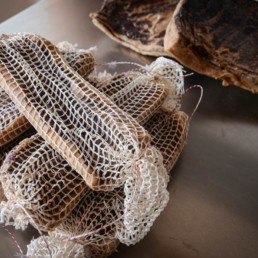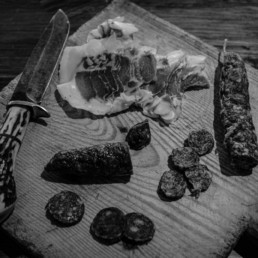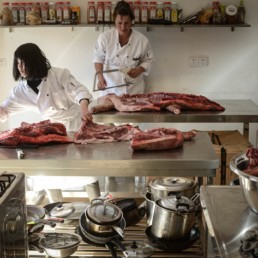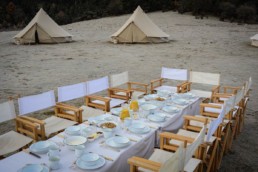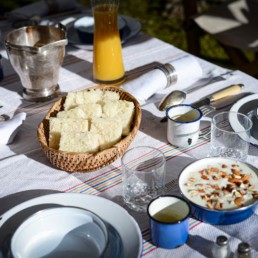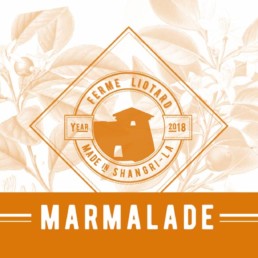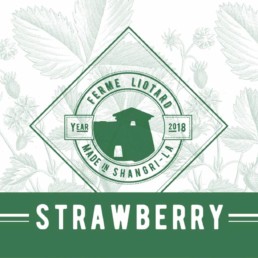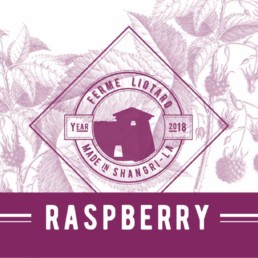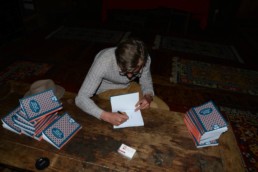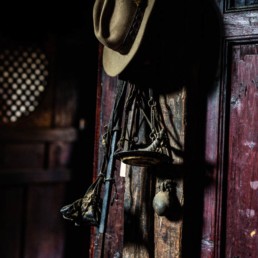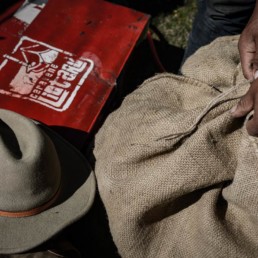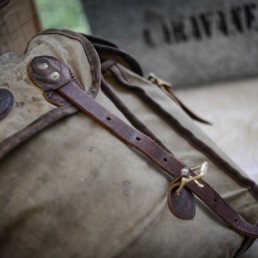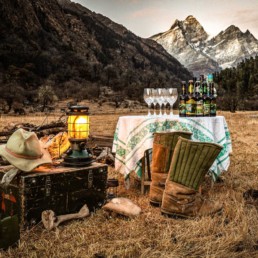products of mission liotard
Goloks boots, farm products and books
WITH TEN YEARS OF EXPERIENCE, we have sought to develop quality products to improve our daily lives : Golok’s boots, cold meats from Farm Liotard, Cuvée Liotard from Haut Yang-tse, jams… but also books written by Constantin de Slizewicz on sale at Comptoir Liotard.
Golok's
Adventure's boots
BORN IN EXTREME ASIA, Golok’s are leather and thick canvas boots with sheep’s wool lining, double soles, double stitching and resistant seams. Worn since 2005 by the teams of the Liotard Caravan on the Himalayan high plateaus, we recommend them with the utmost insistence to all hikers who go on expeditions in the snow, cabanning in the extreme cold, tracking and trekking in winter. But also, they will be perfect for your skiing holidays, weekends in the country and a stay in New York during the Christmas holidays.
Born in Extreme Asia, the Golok's have been worn since 2005 by teams from the Liotard Caravan
Cuvée Liotard
côteaux from hight Yang-tse
EN 1846, THE MISSIONS ETRANGÈRES DE PARIS are entrusted with the evangelization of Tibet. After many setbacks, the missions are established in Yunnan on the banks of the Mekong and Saluen rivers over two hundred kilometers. In its center was situated the church of Tsedzhong. In order to serve a wine mass, vines are planted around 1870 in enclosures around the churches.
Cuvée Liotard by Clos Estelle
Further south in Banzilan – at 2,200 meters altitude – Estelle Achard established her eco lodge Tulu. With the help of a swiss oenologist Yves Roduit, she produces a small production of wine (400 bottles) sold under the name Cuvée Liotard by Clos Estelle.
Wine of caravan
In 2019, this is the wine we like to serve to our guests who come to enjoy our Table d’Hôtes at Ferme Liotard but also during our Caravan trips.
A hand-made wine
It is a totally hand-made wine, without herbicide, 100% Cabernet Sauvignon, vinified and aged in terra-cotta jars. It has 14% of alcohol, a very fruity nose of blackcurrant and ripe red fruit.
Under the stars
On the palate : balanced, round and robust, perfect to enjoy the caravan night camps !
Farm Liotard
charcuterie
ON THE SHANGRI-LA PLATEAU, at the Ringha valley at 3,300 m, around the Farm Liotard, the breeding of black pigs and yak remains the main agriculture of the Tibetans. Since 2018, Phoebe has produced its own charcuterie, a true symbiosis between local organic products and a rigorous knowledge of Western cured meats. So-called dry meats: chorizo, coppa, dried yak, guanciale, pancetta, pork loin, saucisson sec.
jams
of the Farm Liotard
YUNNAN is renowned for its diversity of landscapes and climates, there are all kinds of fruit trees. For Phoebe, it seemed obvious to have to make raspberry, strawberry, plum and orange jams.
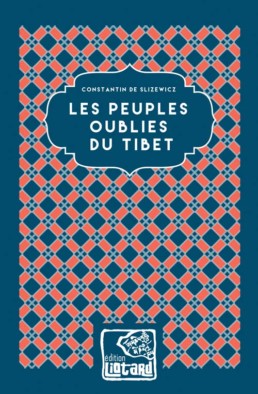
Forgotten people of Tibet
Constantin de Slizewicz
In 1999, an old priest told Constantin de Slizewicz about Christian Tibetan tribes still living in valleys, cut off from the rest of the world. A century before, French missionaries, geographers and ethnographers had explored these forgotten lands. Some lost their lives, but all left their mark. Following in their footsteps, the author discovers another Tibet, deeply different from the idealized version described by the West, Beijing or Dharamsala. A world peopled with fierce amazons, where women lead, Catholic tribes pray in stone churches build by French priests, and proud nomads love their freedom and weapons above all else.
Prix : 150 RMB / 19 Euros
Drunk of China
Constantin de Slizewicz
In the winter of 2002, between two reportages for the Quotidien du Yunnan, Constantin de Slizewicz decided to drive across China, from East to West, in a side-car nicknamed “Scarabée”, driven by his friend Alexandre. Through this journey, in which the two Frenchmen go through as much liquor as they do kilometers, the author reminisces about the ten years he has lived in this country. His China doesn’t care about the Olympic Games and racing towards economic growth. In this China, policemen, editors, young people, the middle class and peasants all find the Tao at the bottom of a bottle of white liquor.
Ivre de Chine, Constantin de Slizewicz’s picaresque memoir, is peppered with reminiscences of the past, with evocations of historical figures, like French consul Auguste François or writer Lucien Bodard, visits to the gunboats on the Yang-tse-kiang to relive the Boxer rebellion, retracing the adventure of the Tonkin railway, the Flying Tigers and all the tribulations of missionaries and explorers who, just like him, lived bitter but unforgettable adventures in China.
Prix : 150 RMB / 19 Euros
